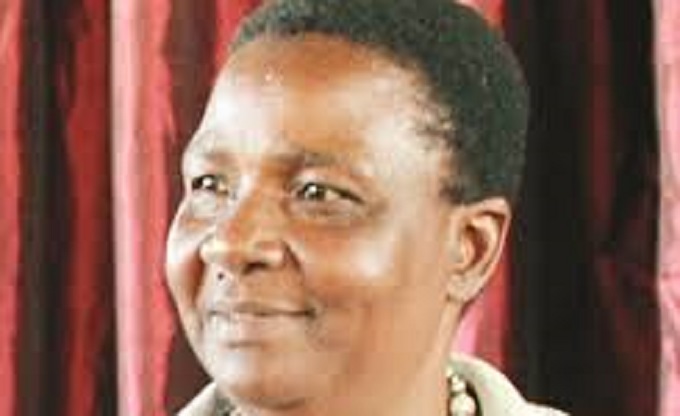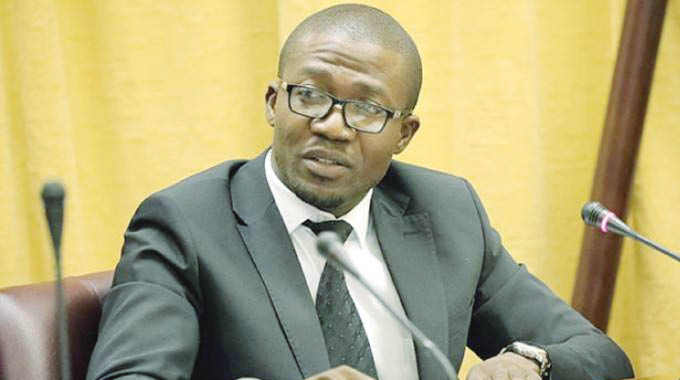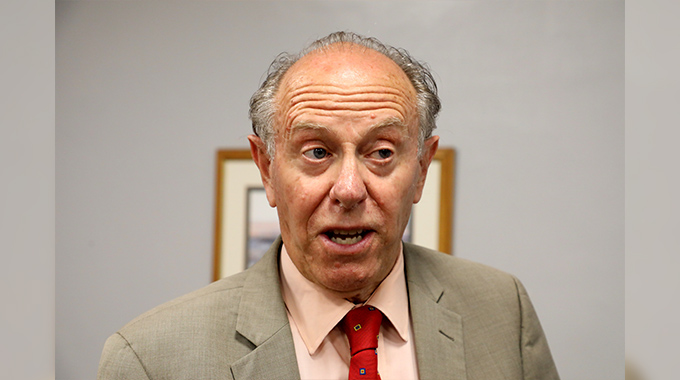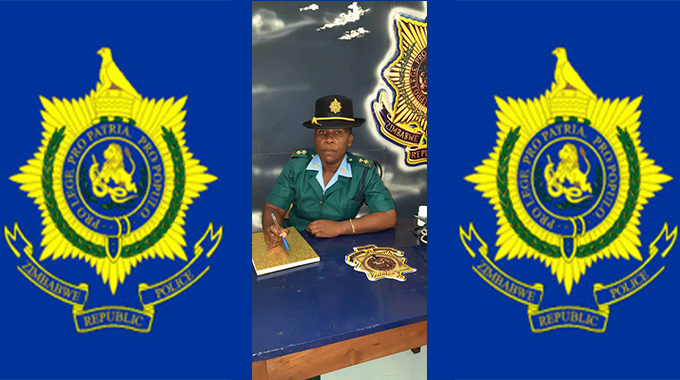Women in arts, music: Silent victims of gender based violence

Leonard Ncube
NOVEMBER 25 was International Day for the elimination of violence against women.
The day marked the start of the 16 Days of Activism against Gender-based Violence which ends on Human Rights Day on December 10.
The period, which however, should not be an event but everyday practice, is characterised by campaigns that seek to stimulate action to end violence against women, the girl child and men.
The campaign dates back to the Women’s Global Leadership organised by the Women’s Global Leadership Institute in 1991 on realisation that for a long time silence and stigma had perpetrated abuse of women where according to the United Nations, a third of women were or are still subjected to gender based violence.
As the nation joins the world in the campaign, there is a section of women that has endured in silence.
Women in the arts and music industry are some of the silent victims of gender based violence as they endure verbal, sexual, financial and emotional abuse from men in and outside the industry.
In some instances, female artistes are made to wear skimpy clothes while they perform so as to appeal to fans and attract crowds.
Names that quickly pop up include Zodwa Wabantu, Beverly ‘Bev’ Sibanda, Ammara Brown, Sandra Ndebele-Sibindi and Babes Wodumo.
Just like their male counterparts, female artistes have different stage talents ranging from dancing, singing, playing instruments to acting and others but society and media have coined derogatory names for them.
Gender activists say some survivors are silent for fear of reprisals and impact of not being believed and stigma, especially with rape and physical abuse cases.
While few are empowered to speak, others have succumbed to the abuse and either broken down or become “partners in crime” by “conniving” with abusers such as promoters, agents, producers and directors who sometimes demand sexual favours in return.
The Chronicle spoke to some young female musos at the recent jazz festival in Victoria Falls where they revealed that intimidation, stereotyping along patriarchal and sexual lines and derogatory comments were the most common abuses in the industry.
Society has a low opinion of female artistes and labels those who play the guitar and drums as being masculine, even lesbians or not worthy for marriage, they said.
Afro jazz sensation Dudu Manhenga said she has suffered abuse while on stage.
“The worst abuse by both men and women is a result of socialisation where they want to bring you down to your minimum qualification of being a woman. This makes us seem like we need sympathy because we are women,” she lamented.
Manhenga said some men see a sexual object on a woman on stage.
“When you are on the stage men look at a possibility of sleeping with you. That’s bad. I’ve experienced a lot of abuse on the stage when I was pregnant as fans would say ‘go home you’re pregnant’ forgetting that being pregnant is not being sick.
“Sometimes roles in plays come with a price. Some producers or directors would demand sex for a good role but with men they would just go for a few drinks,” she said.
Musician, Rute Mbangwa believes that the stage should just be on merit.
She blamed patriarchy for the African girl child’s setbacks.
“Stereotyping is the biggest challenge as people think that we cry for platforms simply because we are women. The truth is we claim our space on merit. We have situations where some people want to get women to the platform through sexual favours especially for awards and my advice to the Zimbabwe music sector is that we need to go back to basics and give or do something on merit,” she said.
“To the younger generation, the stage is not about gender but delivery: it’s about what you can offer and produce. In fact, it’s about how you carry yourself. If you are professional and stick to boundaries you will sail through but if you’re not aware of yourself you get restricted by patriarchy.”
Another songstress and actress Prudence Katomeni-Mbofana said women face an unfortunate situation of having to prove themselves better than what the world perceives in them.
Katomeni-Mbofana, a music lecturer at Global Music Academy, says the girl child should seek information to be empowered.
“When we are on stage, we have to work twice as hard to improve and show music intellect as the stage is harder for a woman than it is for men.
“This means that we need to play our part which is why I always encourage my female students not to just stand and be directed, but to be part of the whole production and direct their projects to beat being undermined.
“Don’t let information slip through. You have to get educated or receive information hence we always encourage women not to lose self-confidence and doubt whether they are good enough when they face abuse,” she said.
She concurred with Manhenga about the presence of intimidation on the stage where women are exposed to psychological and verbal abuse.
“We encounter abusive words on stage as some men intimidate you especially if they see that you are a strong character. I think it’s best to have a kind of a support group where people can gather, cry and speak out knowing there are people ready to support you,” she added.
Young Polish jazz sensation whose command of the violin sends a string of jealousy down men’s spine, Klara Wojtkowska called for self awareness within the girl child.
“This is a tough industry and for starters you need parents that are supportive because it’s not easy being a performer as you are labelled a prostitute. People don’t see art in female artistes but they see gender and sex hence all we need is self awareness to do what we can and what we feel is good for the society,” she said.
Dance queen Sandra Ndebele-Sibindi said there is a need for tight security at shows.
“It depends with the venue as some venues offer natural protection for female artistes. Sometimes there are characters in a big crowd that would want to abuse you and usually clamour to touch you as you perform,” she said.
Recently, Buwalo Matalikilo Trust (BMT), Sonke Gender Justice and Safaids Zimbabwe organised a training workshop for journalists where the media were challenged to play a leading role in exposing and interrogating gender based violence.
Only 27 percent cases are reported nationally where GBV has increased by 15 percent, with children, especially girls below 13 worst affected.
Executive director of BMT, operating in Hwange district Mrs Anna Mandizha-Ncube challenged journalists to be sensitive when reporting on gender issues.
Ms Mphokuhle Mabhena from Sonke Gender Justice said sexual abuse is common across Africa, adding that patriarchy and toxic masculinity are some of the major causes of GBV.
In her message ahead of the 2018 International Day for elimination of violence against women, UN Under Secretary General and director for UN Women Mrs Phumzile Mlambo-Ngcuka called for an all stakeholder approach as she challenged traditional leaders across the continent to “move the needle against child and forced marriages.”
Gender campaigns have been initiated globally to create opportunities for dialogue with and among communities and policy makers.
The United Nations theme for this year’s commemorations is “Orange the world: #HearMeToo”, whose aim is to encourage every abused man and woman to speak out.
— @ncubeleon












Comments